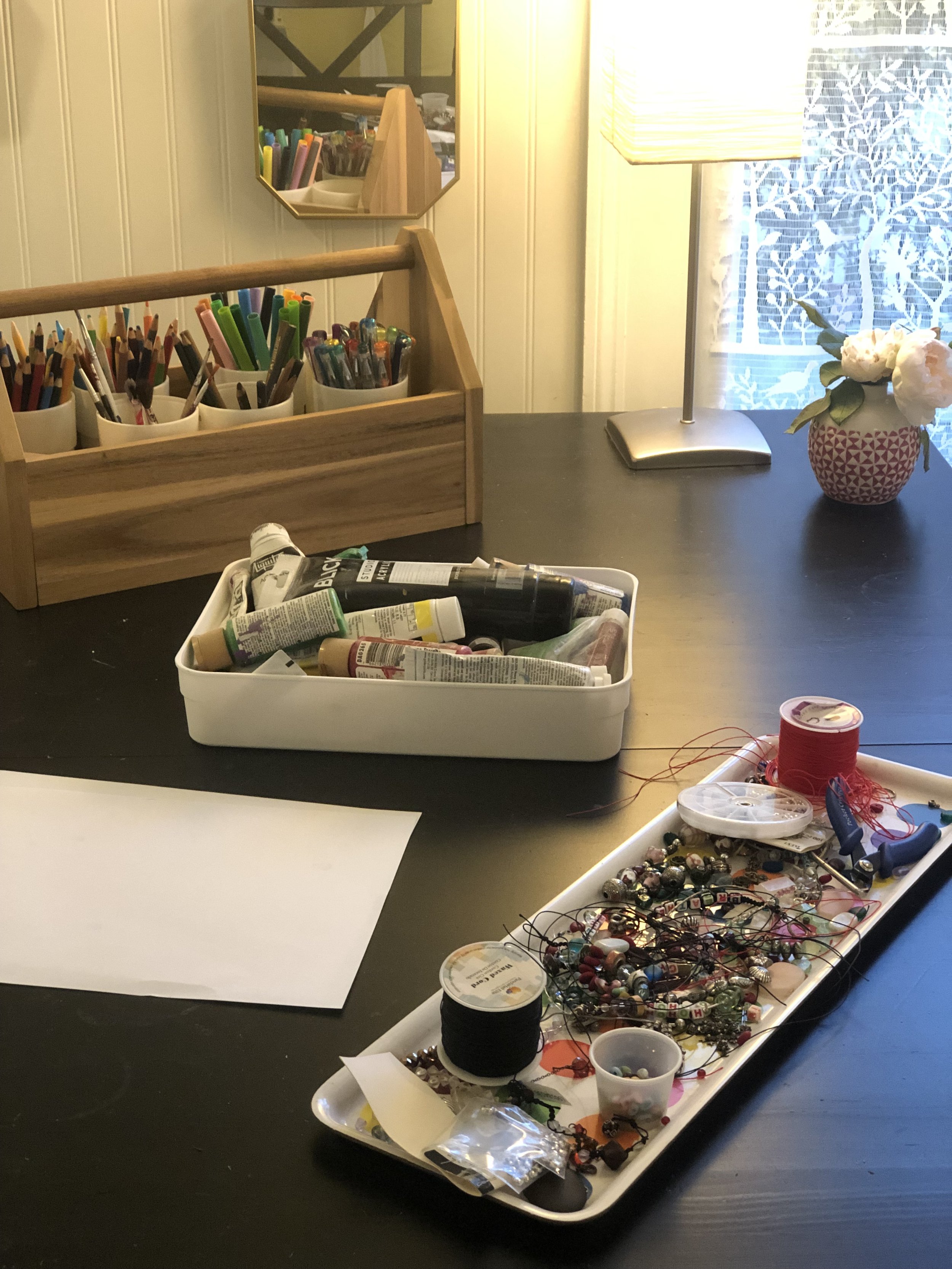
Does this sound like you?
You may have gone to highly competitive schools, yet find it hard to keep a job.
You may have had really close friends ghost you, and have no idea why.
People have called you “rude” or “someone who likes to argue”, when really you just want to connect and have a social life like everyone else.
In therapy, you may have found that talking wasn’t enough- the words didn’t stick, or washed right over you.
What I do
Over the years I've worked with hundreds of people, from surgeons to high school students, in both my private practice and at Yale.
Every single one of them was suffering from a lack of connection- to meaningful relationships, to nature, or to their inborn creative drive.
Medications can’t heal this rift, and our consumer culture doesn't provide many solutions either. I'm passionate about helping others to understand themselves and to nurture the cut-off artistic parts of themselves.
I help people with different neurotypes, such as autism or ADHD, learn more about the unique ways their brains work. My goal is not to “fix” people, but rather to help late-identified adults realign their lives to fit better with their neurology.
My background:
I graduated from Swarthmore College with a BA, and Smith School for Social Work with an MSW. I am currently a licensed psychotherapist. I work for Yale School of Medicine as a therapist for resident physicians, and also for Yale New Haven Hospital’s Psychiatry department. I am also been a group facilitator for AANE (Association for Autism and Neurodiversity).
My full time private practice opened in 2016 and has centered on providing room for clients to experiment with creativity and artmaking. I have been trained at Yale in CBT and DBT, and I often bring these modalities to the table. Over the years it became clear to me that the people who were coming to me tended to be neurodiverse. Clients feel comfortable with me because they can stim during sessions, aren’t pressured to make sustained eye contact, and feel a kinship in having a neurodivergent therapist.

